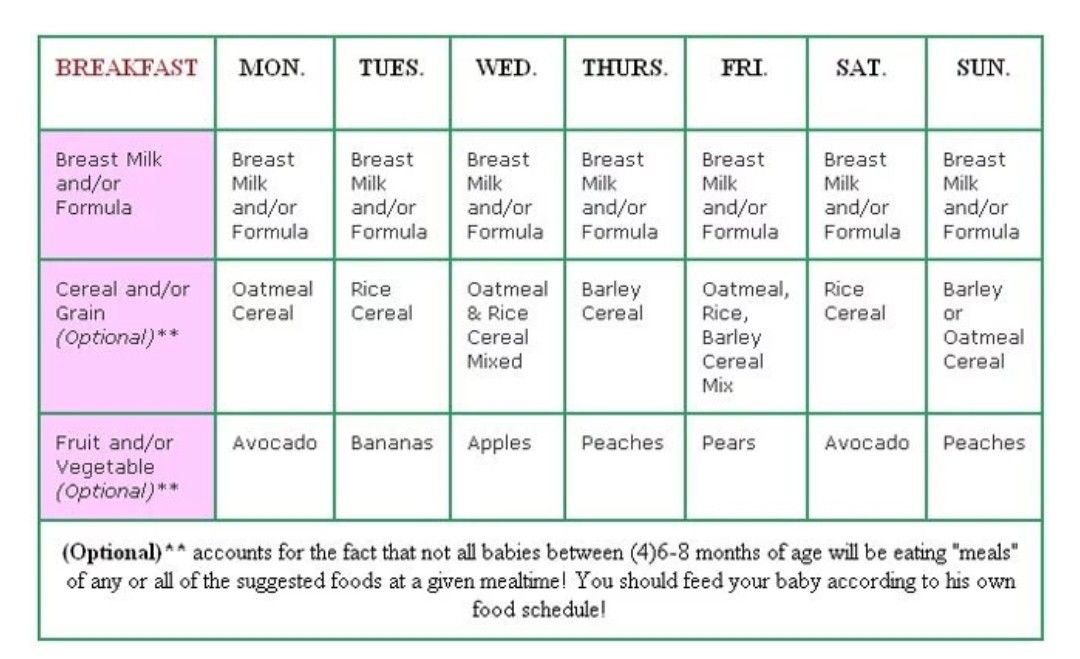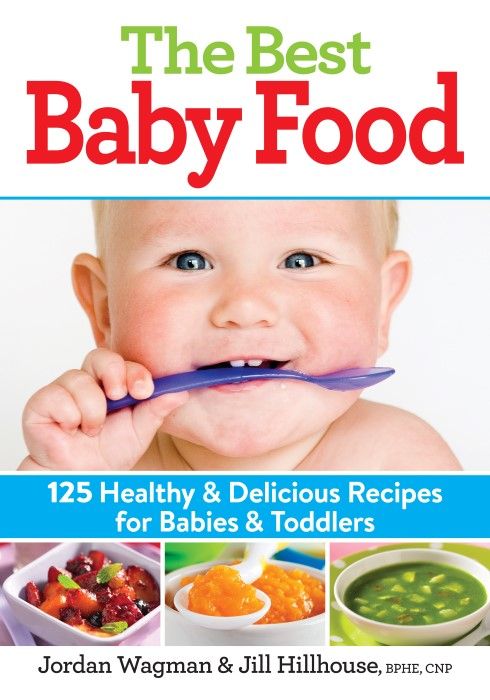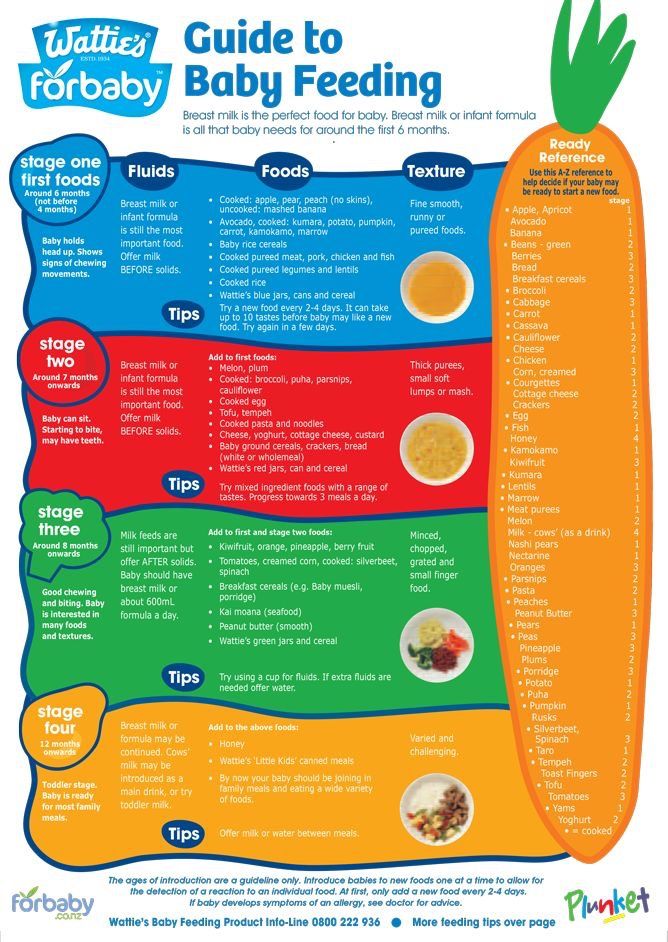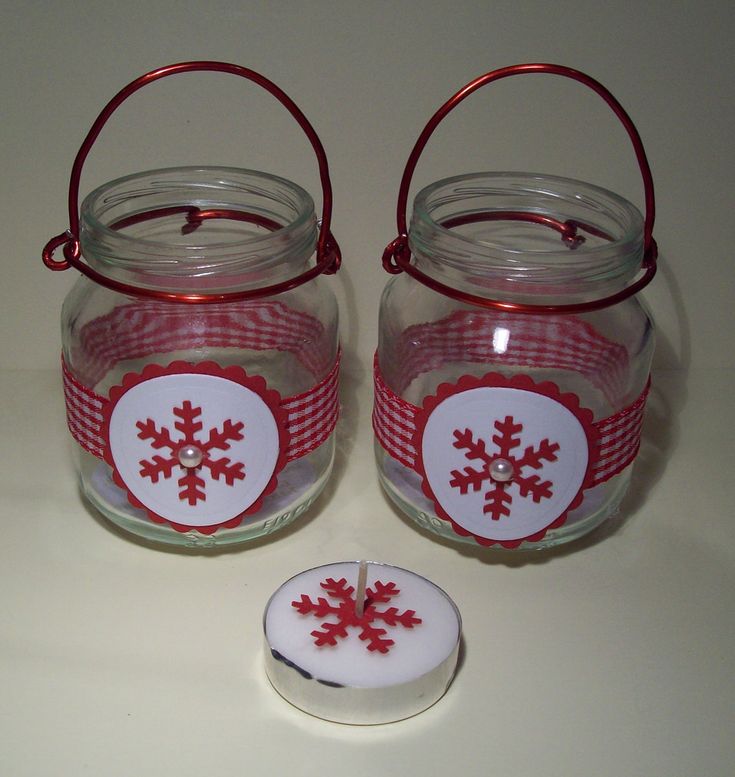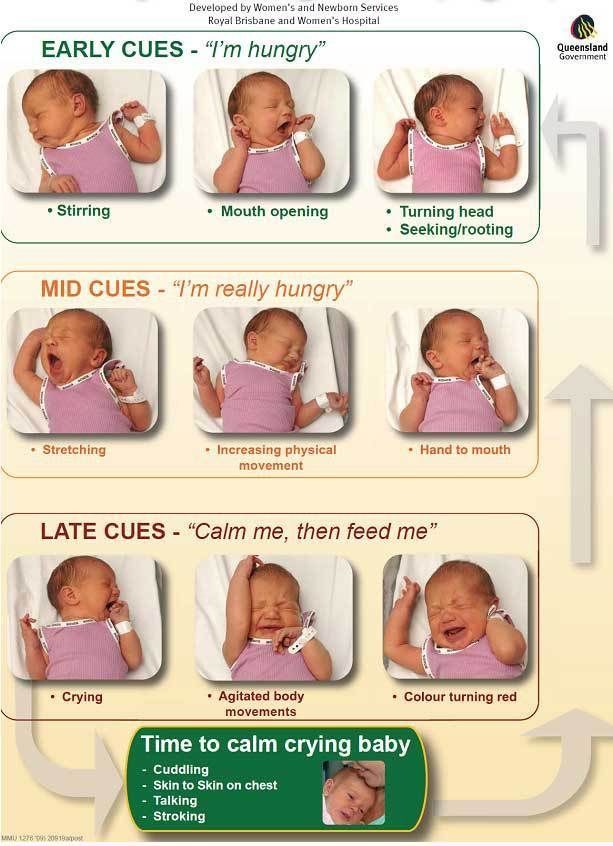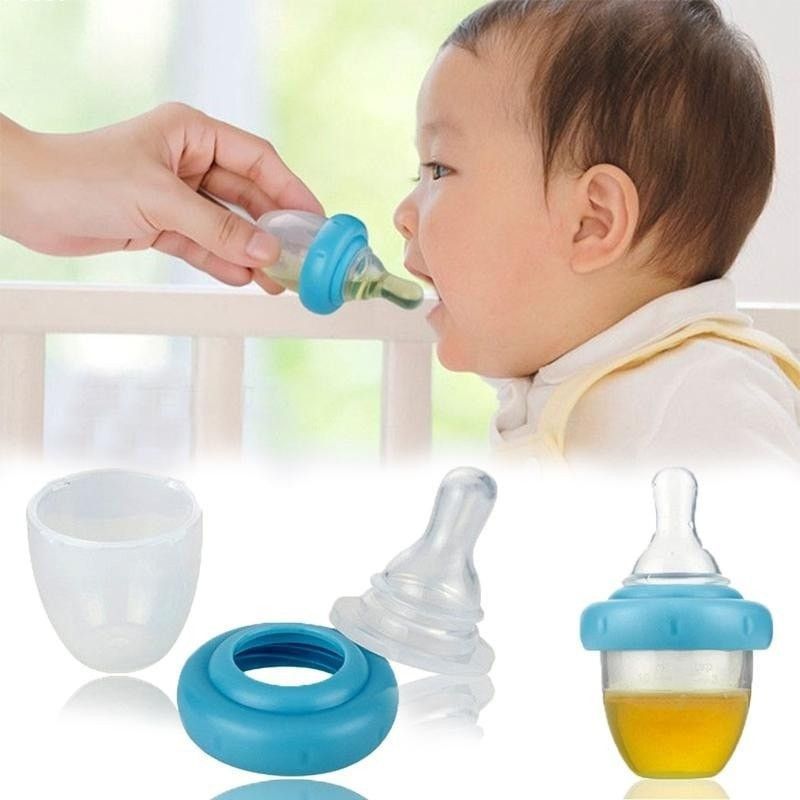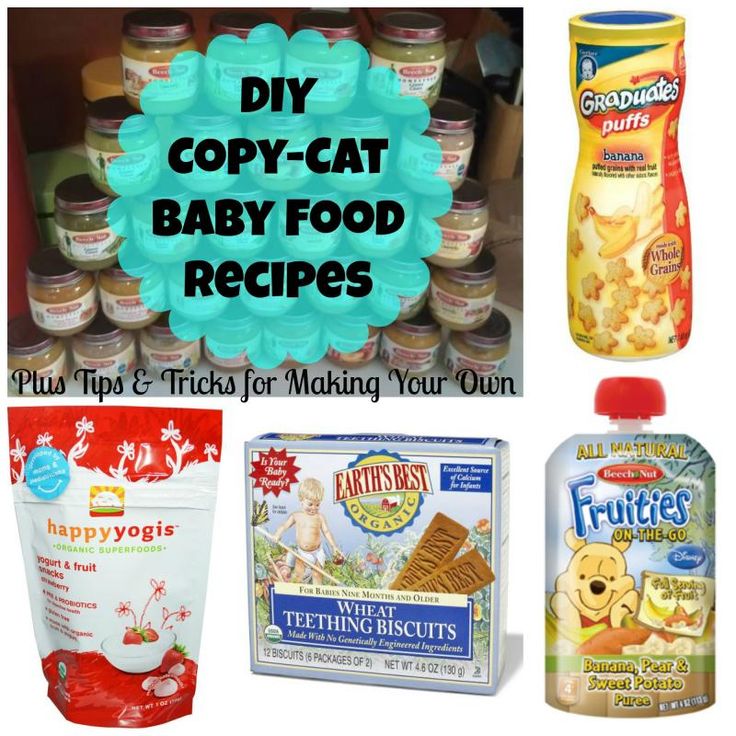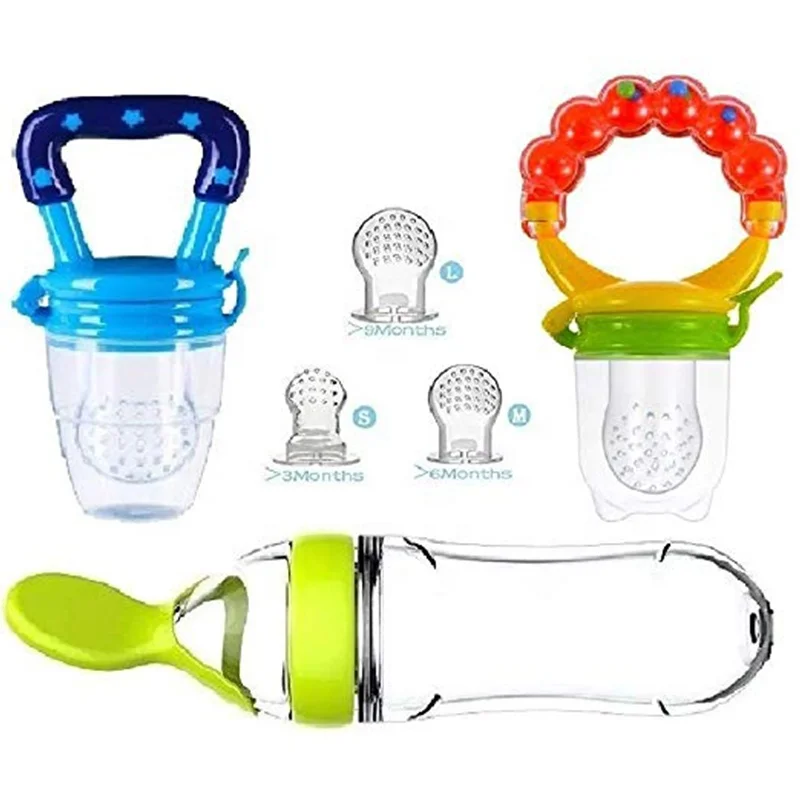Baby farts a lot while feeding
What To Know If Your Baby Farts A Lot
After your baby is born, there’ll be so many things you’ll be taking care of. Right from breastfeeding your baby, understanding their sleep schedules to changing diapers, there’s so much to do. And if you notice your little one starting to grunt, then that’s probably gas. You’ll be surprised to know that babies have an immature digestive system and so you don’t need to panic if your baby farts a lot. Read on to find out what to know if your baby farts a lot and what you can do to prevent excessive gas in their tummy.
What Causes Your Baby To Fart?
As a parent, it’s natural for you to worry if your baby is farting a lot. But, remember that unlike mature children and adults, babies tend to swallow more air and that can cause the gas. It takes several months for your little one’s intestines to form the microflora they need in order to digest foods effectively. When it comes to breastfed babies, their farts tend to be less smelly compared to the ones who eat complementary food along with breastfeeding.
It takes time for your little one’s digestive systems to develop. That’s also why your baby farts a lot.
There are several reasons as to why your baby’s tummy creates gas. Here’s a list of causes to consider if your baby farts a lot:
Underdeveloped Digestive System
You need to remember that babies have underdeveloped digestive systems. Your little one’s muscles responsible for digestion are still in the developing stage. So, all the proteins and fats that they get from breastmilk and other foods take time to get digested.
As a result of this, your baby experiences gas and that causes them to fart. You might notice your little one squirming or crying excessively especially when they want to pass gas. Do keep in mind that this is a temporary problem and will reduce as your baby’s digestive system keeps developing.
Feeding Techniques
One of the key factors that can increase or reduce the gas in your baby’s tummy is your feeding techniques.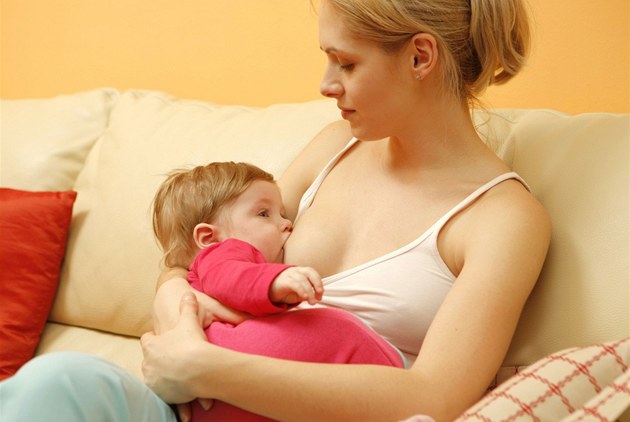 Whether you’re breastfeeding or relying on bottle-feeding, you need to figure out the right technique to feed your baby. That’s when paced bottle feeding comes to the rescue as it makes your baby drink slower, reducing the chances of them taking in air.
Whether you’re breastfeeding or relying on bottle-feeding, you need to figure out the right technique to feed your baby. That’s when paced bottle feeding comes to the rescue as it makes your baby drink slower, reducing the chances of them taking in air.
When your baby swallows a lot of air, it causes excessive gas because of the air bubbles formed in their intestine. This happens when your little one isn’t able to latch properly. In order to prevent your little one from swallowing too much air, see to it that you hold their head above your breast when breastfeeding. You can try switching between your breasts while feeding your baby. Otherwise, make sure that your baby is in a vertical position when you’re breastfeeding.
Also, keep in mind that the intestinal gas in your baby is caused due to the slow breakdown of lactose in their digestive system. That is what causes your baby to fart a lot. Another thing you must do to ease their discomfort is burping your baby after their feeding. That will help reduce the gas in their stomach.
That will help reduce the gas in their stomach.
Lack Of Sufficient Bacteria Flora
As mentioned earlier, your newborn baby doesn’t have enough bacteria flora that can help them to digest your breastmilk. After 4 weeks, most babies have a good amount of proteobacteria that are known to produce gas. Your baby can experience pain because of the gas caused by proteobacteria.
Naturally, your little one will tend to cry while farting excessively. That’s why it’s advised that newborn babies should be fed breast milk at least for the first 6 months after birth. This helps them to digest the food properly as they start picking up good bacteria.
If your baby farts a lot it could also be because they’re allergic to some food.
Lactose Intolerance And Allergy
When it comes to gas, you need to be mindful about what you’re feeding your baby. If your baby has been having digestion problems and excessive farting, it can be because of food allergy and sensitivity.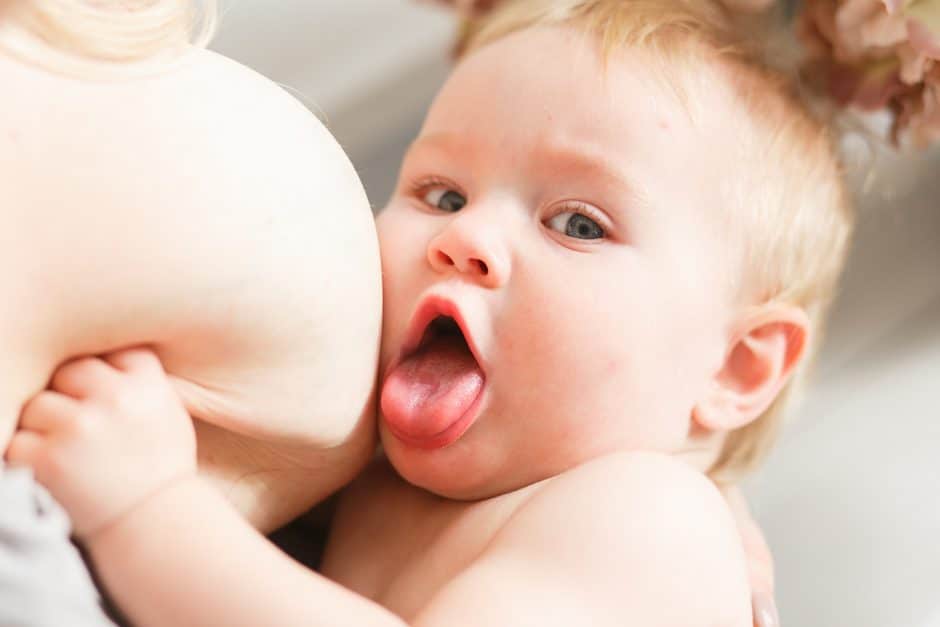 The whey or casein found in baby food is known to cause excessive farting in babies.
The whey or casein found in baby food is known to cause excessive farting in babies.
Let’s not forget that some babies are allergic to milk protein. If you notice your little one getting rashes, congestion of the chest or diarrhea, those can be counted as signs of allergy. Another sign you need to be aware of is your baby’s stool containing mucus, which can be because of milk protein allergy.
Sign And Symptoms Of A Gassy Baby
There’s nothing to worry about as long as your little one is passing gas comfortably. But, if your baby is experiencing pain while farting, you need to consult your pediatrician or a doctor.
Here are some signs and symptoms of a gassy baby:
- Constant crying
- Bloating of the stomach
- Stretching out the body and arching the back
- Frequent burping throughout the day
- Clenching the fists
- Problems in urination
- Blood in stools
- Continuous vomiting
What Can You Do To Ease Your Baby’s Farts?
If your baby farts excessively, there are some things you can try to help them be at ease. Do keep in mind that flatulence affects most babies and can cause them a fair bit of discomfort. Here are some measures you can take to ease your baby’s farts:
Do keep in mind that flatulence affects most babies and can cause them a fair bit of discomfort. Here are some measures you can take to ease your baby’s farts:
Give Your Baby A Tummy Massage
One of the best things you can do for your baby is give them a nice tummy massage. You can use a baby lotion or oil to gently massage your baby’s tummy. We suggest you do this after giving your little one a nice warm bath. This will help to get rid of the air trapped in your baby’s intestines.
Help Your Baby Burp
It’s important that you help your baby burp after feeding them. You can do that by gently rubbing your baby’s back after breastfeeding. Make sure that you don’t lay down your baby after feeding. The air that your little one swallows during breastfeeding or bottle-feeding can come out with burping, helping them rest or sleep better.
Get The Right Sized Bottle For Your Baby
Make sure that you get the correct sized bottle for feeding your baby. If yours is a newborn baby, see to it that you get a small bottle. As mentioned earlier, the risk of overfeeding your baby is more if you choose the wrong bottle for your little one. That’s why you need to check the nipple size of the bottle before you purchase one.
If yours is a newborn baby, see to it that you get a small bottle. As mentioned earlier, the risk of overfeeding your baby is more if you choose the wrong bottle for your little one. That’s why you need to check the nipple size of the bottle before you purchase one.
Baby Exercise
The best thing to do to get rid of the gas in your baby is by helping them exercise. You can try pedaling by holding your little one’s feet and moving them in a circular motion. Just make sure that your baby is flat on their backs on a firm surface. Otherwise, you can try stretching your baby’s legs and then bring them to either side of their hips. These movements will help get rid of the air trapped inside your baby’s intestines.
Helping your baby burp and do some exercise, can help ease your baby’s farts to some extent.
Conclusion
Farting is a natural way of releasing gas from the body, even for babies. Remember that every baby is different, so no one technique may help all babies especially when it comes to gas problems. In case your little one is experiencing a lot of discomfort and pain, see to it that you immediately consult your pediatrician. And if you’re worried about keeping a track of all your baby’s medical records, you can use our ImmunifyMe app and be at ease. The best thing is that you can even keep digitized records of your baby’s immunization and vaccination records.
In case your little one is experiencing a lot of discomfort and pain, see to it that you immediately consult your pediatrician. And if you’re worried about keeping a track of all your baby’s medical records, you can use our ImmunifyMe app and be at ease. The best thing is that you can even keep digitized records of your baby’s immunization and vaccination records.
FAQs On What To Know If Your Baby Farts A Lot
Why Should I Worry About Baby Gas?
It’s normal for babies to have gas and fart excessively as their digestive system is still developing. But, if your baby experiences pain or discomfort while farting, then it can be a result of some digestive problems. That’s why it’s best to consult a pediatrician during such times.
What Can You Do If Your Baby Has Too Much Gas?
Here’s what you can do if your baby has too much gas:
- Give your baby a tummy massage
- Help your baby burp
- Get the right size bottle for your baby
- Help your baby exercise
Can Overfeeding Cause Gas In Babies?
When you overfeed your baby, they are not able to digest all of the proteins and fats from the milk. At the same time, your baby tends to swallow a lot of air that can create gas in the stomach and cause a lot of pain and discomfort. That’s why it’s advisable that you get the right sized bottle for your baby when bottle feeding.
At the same time, your baby tends to swallow a lot of air that can create gas in the stomach and cause a lot of pain and discomfort. That’s why it’s advisable that you get the right sized bottle for your baby when bottle feeding.
Is It Normal For Babies To Fart A Lot?
Gas and farting are natural for both babies and adults. But babies tend to fart a lot as their digestive system hasn’t completely developed yet. If your baby is farting a lot, you can help them to burp after feeding. Otherwise, baby exercise is also a great way to get rid of the air inside your little one’s intestines.
Surprising, Sometimes Stinky, But Mostly Normal
Congratulations, your new little one is home! All the bonding time with your baby is blissful, but it’s starting to feel a little repetitive with the constant feeding, burping, diaper changes and… farting? Yep, babies have a lot of gas.
At least now you can always blame it on the baby when someone breaks wind. But how much gas (and farting) is normal for such a tiny baby? Here’s what to know about your baby’s digestive health and gassiness — and what to do if your little bundle of joy seems too gassy.
Everyone — adults, children, and babies — pass gas every single day, usually several times a day. Farting is completely normal and healthy for our bodies. However, there are several reasons why babies sometime fart more than big people.
If your little one is farting a lot, their tummy might have more gas than usual. Too much gas can sometimes make your mini-me very uncomfortable and upset.
Your baby might act distressed — crying and fussy — if he is gassy. Farting is a welcome relief for babies (and adults) because it helps get rid of some of the gassiness and stomach bloating.
The good news? Babies who are still only drinking breast milk or formula have less smelly farts. Wait until your baby is eating solid foods — they will have some very pungent emissions!
There are several reasons why your baby might be gassy. They include:
Digestive development
Like a new little engine, a baby’s tummy and digestive tract needs time to warm up. A baby’s digestive system is still developing and doesn’t yet have enough friendly bacteria to help with digestion.
Some babies have normal amounts of gas, but they might be more sensitive to it and need to pass it more. You might notice that your little one squirms, arches their back, or makes a face like they’re trying to go to the bathroom, until they find release.
Feeding
All this farting might have something to do with feeds. How you’re feeding them can make a difference in how much gas they need to pass.
If you’re not burping your baby enough after every feed, any leftover gas has to come out the other end! You can burp during and after feeds to help alleviate gas.
You can also pay attention to bubbles and position when bottle feeding. After shaking formula, let it settle before a feed to reduce the air bubbles in the mix.
While your baby eats, make sure you’re positioned so that the nipple is full of milk or formula. Holding a bottle so that the nipple has air in it might also push more air into your baby’s stomach.
If you’re breastfeeding your baby, he may still gulp a lot of air with the milk.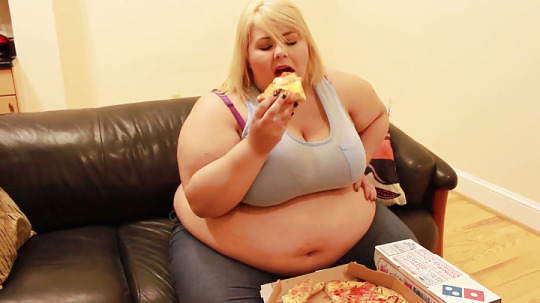 Some babies latch on a bit loosely and also suck in air as they try to get a nice, long drink. Go for a deep latch at each feed.
Some babies latch on a bit loosely and also suck in air as they try to get a nice, long drink. Go for a deep latch at each feed.
Food sensitivity or intolerance
What you’re feeding your baby can also make a difference when it comes to gas. Some babies have sensitivities or intolerance to some kinds of milk formula. This can throw a wrench into their already cranky digestion — causing more gas and more farting.
Your breast milk might also change depending on what you’re eating. Changes in your diet might lead to changes in your baby’s digestion and gassiness. If your little one seems fussy or gassy in connection with something you’ve eaten, you can try eliminating the food from your diet to see if it helps.
Constipation
Babies don’t commonly get constipated. They usually have runny, soft poops. But constipation can happen in some babies, and is more likely if they are formula-fed or have started solids. If your baby is gassy, check their diaper to see how long it’s been since a good number two.
Sometimes a baby may go a few days without pooping — especially breastfed babies. If the poops when they do go are still soft and moist, don’t worry — dry, hard poops are an indicator of constipation.
Crying
Babies just can’t catch a break some days. They might be crying a lot because it’s their only means of communication. They may cry more because all this digesting and farting business is sometimes uncomfortable.
But all this wailing means your baby is swallowing a lot of air. The air has to get out somehow — and sometimes that release comes in the form of a fart.
Movement
Along with pooping and farting a lot, babies spend a lot of time sleeping. They spend a lot of time reclined and aren’t able to move around much on their own. The digestive tract is a muscle and it needs body movement to help push gas (and waste) out.
All this sleeping and lounging can make gas build up in your little one’s tummy. This can lead to occasional, big farts that you notice, rather than regular little farts that your nose might not pick up.
Medications
If your baby is taking any kind of medication or supplement, it may change their digestion. Even a little bit of a change can cause more gas and farting.
If you’re breastfeeding, any medication or supplement you take can also affect your little one.
Stress
Babies can get anxiety and stress just like adults do. They might have naturally high levels of anxiety or they be picking up on what you’re feeling and what’s going on around them.
It’s normal to sometimes be sad or upset in front of your baby. Just keep talking to them and meeting their needs as much as possible. The right kind of attention can help most babies relax.
Some gassiness is completely normal for babies and will get better over time. Regular farting is also normal and a sign of good health for both babies and adults. But if your baby is gassier than normal, there are several ways to help soothe their little tummy.
Burp your baby
Burp your baby often and properly after every feed.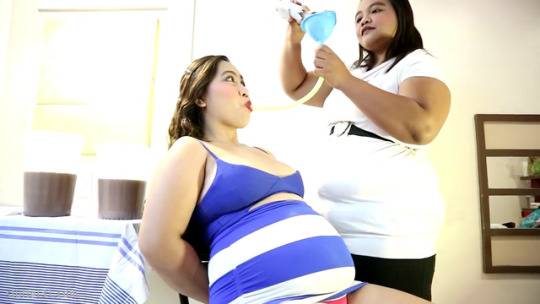 Burping gets rid of some of the extra air that is swallowed when your baby sucks on a bottle or the breast. If the air doesn’t come out in a burp, it can collect in the stomach and come out the other end!
Burping gets rid of some of the extra air that is swallowed when your baby sucks on a bottle or the breast. If the air doesn’t come out in a burp, it can collect in the stomach and come out the other end!
Don’t worry if your baby has a bit of spit-up along with the burp. Avoid laying your baby down right after feeding or without burping them.
Check your baby’s bottles
Check your baby’s bottle and nipple. Use a small bottle for little ones because their tiny stomachs can’t feed that much at a time anyway. Allow formula or breast milk to settle after shaking.
Use an appropriate nipple size so the flow of formula is slow but steady. A nipple hole that’s too small can frustrate your baby and force them to suck harder, taking in more air as they do so. A nipple hole that’s too large can lead to your baby gulping and swallowing more air, feeding too quickly, and overfeeding.
Baby exercise
Getting your baby to move can help soothe some of the gassiness and extra farting. Movement helps the digestive tract get rid of trapped gas faster, so those explosive farts are few and far between.
Movement helps the digestive tract get rid of trapped gas faster, so those explosive farts are few and far between.
Get your baby moving (and have some fun, bonding time with them) by:
- Changing positions. Roll your baby onto their tummy for a little while and then onto their back.
- Bicycling legs. Lay your baby on their back, hold both feet and gently cycle them in a peddling motion.
- Doing a jig. Hold your baby upright in your lap and jiggle and bounce them gently around in a dancing motion.
Baby massage
Babies love massages just as much as you do! Massaging your baby’s tummy, legs, back, and entire body can help calm and relax them. A baby massage can also help ease stress and anxiety for baby and mommy.
Gently press on their tummy in a circular motion to help move some of the extra gassiness out. Your baby may enjoy it so much they’ll let out another fart as a thank you.
Change your baby’s diet (or yours)
It happens rarely, but babies can have an intolerance or an allergy to milk.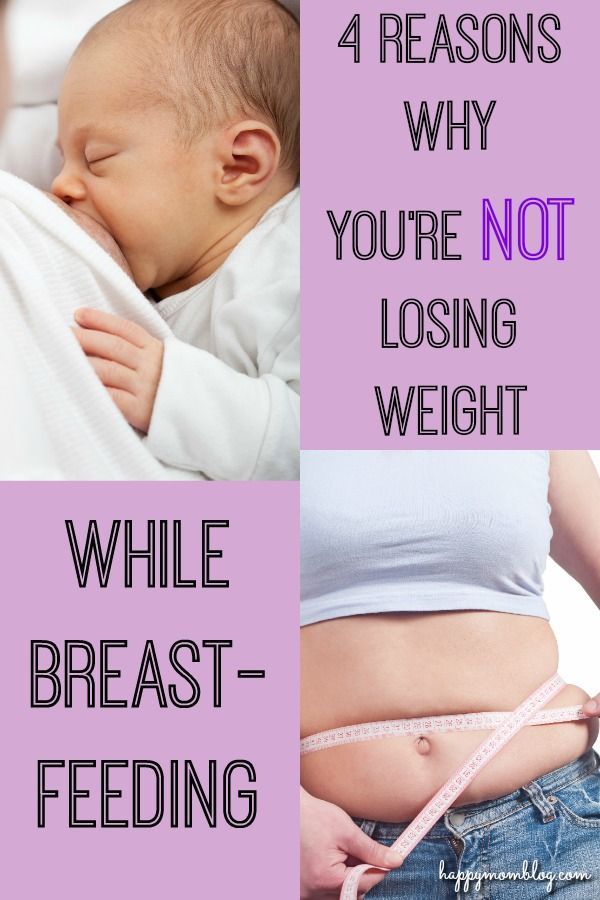 Only about 7 percent of babies under the age of one year have a true allergy to cow’s milk. But your baby might still be sensitive to cow’s milk.
Only about 7 percent of babies under the age of one year have a true allergy to cow’s milk. But your baby might still be sensitive to cow’s milk.
If feedings seem to upset their tummy, you might need to change your baby’s formula if it has cow-milk based ingredients like:
- lactose
- casein
- whey
Other ingredients in your baby’s formula might also be harder for them to digest, leading to more farting. These include added:
- sugars
- wheat proteins
- grain proteins
- flavors
- dyes
Ask your baby’s pediatrician about the best formula for them. Some doctors may recommend switching to different formula to see if this helps reduce the gassiness.
If you’re only breastfeeding your baby, your diet can make a difference in how your baby digests the milk.
Some foods may affect some babies and not others. If your baby is gassier than normal after you’ve eaten something, try avoiding the food for a few days or weeks to see if they get better.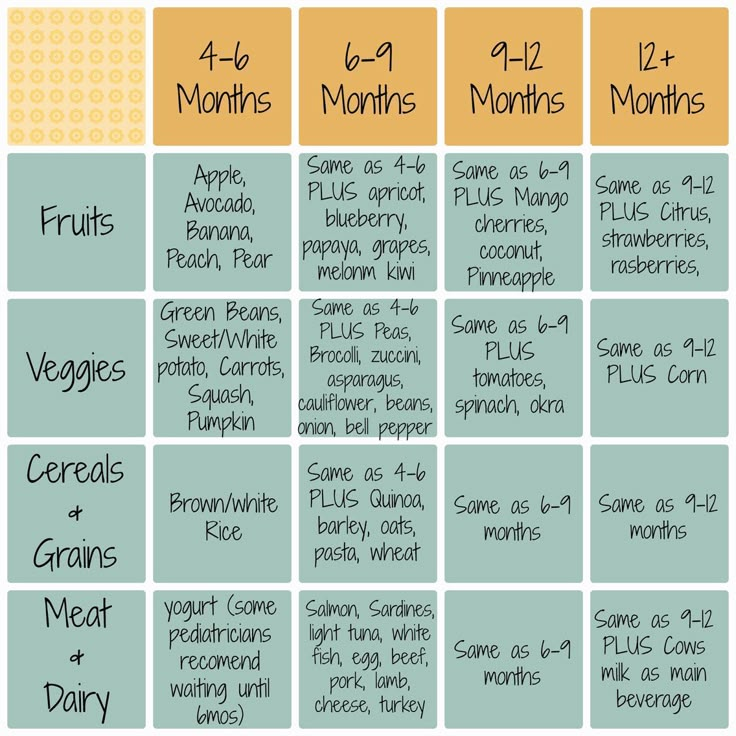
Foods that mama eats that might cause extra gassiness and farting in some breast-fed babies include:
- cow’s milk
- dairy products
- flavored chips
- processed snacks
- spicy foods
- sugary drinks
- flavored foods
- beans
- lentils
- kale
- onions
- garlic
- peppers
Treat baby constipation
Your baby might have hard bowel movements if they are constipated. Let your pediatrician know if your baby is constipated for more than a day or two. They can work with you on treatments.
Gassiness and farting is a natural, healthy part of life for babies (and adults). Some babies can get extra gassy as they figure out feeding and digestion.
In most cases, your baby’s digestion and farting will balance out with a little help from home exercises and remedies. Let your pediatrician know if your baby is extra gassy, cries more than normal, or hasn’t pooped in a few days.
gases in a newborn during breastfeeding: what to do, reasons, reviews
Complain
updated
Content:
Signs
reasons
Massage
9000
Gas Tube
Enema
When to Seek Medical Care
Medication
Video
Gas in a newborn while breastfeeding is a common condition due to an underdeveloped digestive system.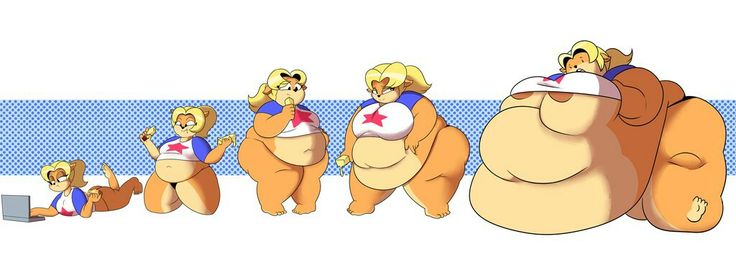 It is caused by anaerobic fermentation, which is created by intestinal bacteria. The colic that has joined greatly disturbs the baby and deprives the whole family of sleep. Therefore, parents of infants should know what to do in such situations.
It is caused by anaerobic fermentation, which is created by intestinal bacteria. The colic that has joined greatly disturbs the baby and deprives the whole family of sleep. Therefore, parents of infants should know what to do in such situations.
Features
When gas accumulates in the gastrointestinal tract, the following symptoms are observed in a newborn:
- bloating;
- constant crying;
- flatulence;
- sleep disturbance;
- pressing the legs to the stomach;
- refusal to eat.
Causes of gases associated may be associated with the transition to artificial nutrition. The child has an unstable stool, he pushes and blushes, tightens his legs. Gas in a newborn may have an unpleasant odor. This is a normal phenomenon that disappears on its own after 2-3 months, when the work of the gastrointestinal tract normalizes.
Causes
Increased gas formation is influenced by the following factors:
- nutrition of a nursing mother;
- disorders in attachment to the breast;
- overfeeding;
- baby's sedentary lifestyle;
- dysbacteriosis.

During the breastfeeding period, a woman should monitor her diet, follow a diet and avoid errors in eating. There are a number of foods that cause gas in a baby. These include:
- chicken eggs;
- cow's milk;
- black bread;
- buns and pastries;
- carbonated drinks;
- beans, cabbages;
- radish, onion, garlic;
- apples, pears, melons;
- nuts, mushrooms.
The baby swallows air along with breast milk during feeding. To avoid this phenomenon, the baby's head should be higher than the body, and the mother's nipple should be tightly grasped.
When overfeeding, the enzymes in the baby's digestive system will not be able to properly break down food.
This results in gas, discomfort, and pain. Especially often this phenomenon is observed with artificial feeding.
Colic may be due to low activity of the child, when after feeding he spends all the time in the crib or stroller. To avoid the accumulation of gases, the mother should often lay the baby on her tummy, carry him in her arms, and massage.
To avoid the accumulation of gases, the mother should often lay the baby on her tummy, carry him in her arms, and massage.
Dysbacteriosis in a baby leads to colic. The condition is also accompanied by:
- frequent regurgitation;
- allergic reactions;
- green stool;
- stools of watery and frothy consistency.
After identifying the cause of the appearance of gases, it is necessary to begin to eliminate it.
Laying out on the tummy
To eliminate gas formation and train the muscles of the peritoneum of the child, it is necessary to spread it on the tummy 3-5 times a day. This kind of training is recommended before each feeding. The first week the child lies on his stomach for 1-2 minutes. Gradually, the laying time is increased to 5 or more minutes.
It is also recommended to wear the baby in a column. In this position, it is easier for the child to burp the air that he swallowed during feeding.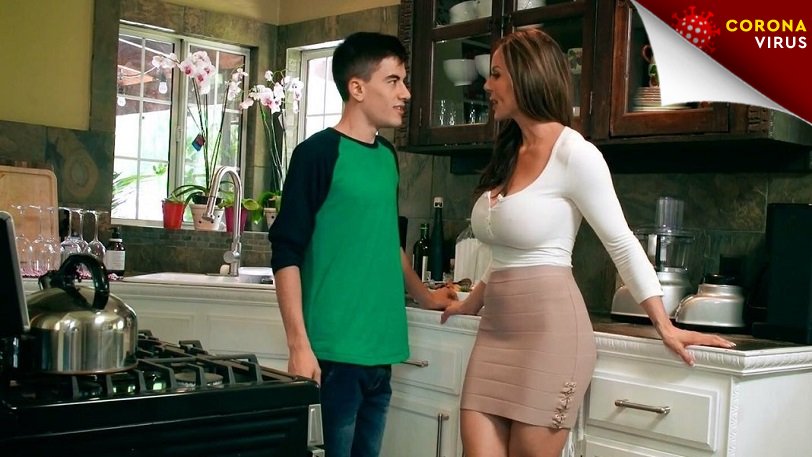
Massage
Relaxing massage is performed up to three times a day, 30 minutes after the child has eaten:
- laying the child on his back, doing the “bicycle” exercise with his legs;
- then slowly press the knees to the stomach;
- massage the abdomen clockwise for 2-3 minutes;
- after laying the child on the tummy, make light sliding movements along the back or lightly tap on it.
Dill water
Many mothers use dill water to reduce gas formation. The drug helps to remove gases, relieves spasms and relieves pain. You can cook it yourself. It is enough to pour a tablespoon of dill seeds in 100 g of boiling water, insist, strain and let the child drink a tablespoon. The finished product can be purchased at a pharmacy.
Gas tube
Gas in a newborn occurs with any type of feeding
The pharmacy sells a tube for the removal of gases. It is inserted into the anus of the baby. This effective method does not injure the intestinal mucosa. The tube has a limiter that will allow you to insert the device only to the required depth.
This effective method does not injure the intestinal mucosa. The tube has a limiter that will allow you to insert the device only to the required depth.
Enema
Enema is used strictly according to the doctor's prescription. It helps to eliminate gases in a newborn, prevents constipation and flatulence. Warm water is poured into the enema, the baby is placed on its side, the tip is smeared with petroleum jelly, the tip is inserted to a depth of 3 cm.
Injection is poured from the enema gradually. Then the buttocks of the baby are squeezed. After 1-2 minutes they are released. The baby will pass gases, and he will feel good. It is not recommended to use an enema often so that the intestines do not unlearn how to function independently.
When to seek medical attention
It is not always possible for parents to cope with gas formation in a baby on their own. You should consult a doctor if the following negative symptoms are detected:
- elevated body temperature;
- decreased appetite;
- lethargy and lethargy;
- diarrhea;
- vomiting;
- hard, painful abdomen;
- mucus, flakes and blood clots in stool;
- green stool;
- blue skin.

Medical treatment
A remedy for gas is prescribed only by a doctor. Self-medication is prohibited. After consulting with your doctor, you can use the following medicines:
- Probiotics - contribute to the reproduction of beneficial microflora in the intestines, which has a beneficial effect on the functioning of the gastrointestinal tract.
- Enzyme preparations - necessary for lactase deficiency. With their help, the child's body breaks down milk sugar and normal digestion of milk.
- Carminatives - break down gases, thereby reducing pressure on the intestinal walls. Flatulence disappears, pain and bloating decrease. These drugs also have an antispasmodic effect.
Prevention of flatulence requires that the baby is in the correct position when breastfeeding. The nipple should be tightly covered by the lips. After eating, the child is kept in a column. It is worth remembering about massage and putting the baby on the tummy.
Following these guidelines will help to avoid or minimize gas formation. If these measures do not help, it is recommended to contact a pediatrician for an examination and the appointment of appropriate medications.
Video
Read more: birth trauma of newborns
Photo: © Depositphotos
* The information provided cannot be used for self-diagnosis, treatment determination and does not replace a visit to a doctor!
Heading Colic in newborns
Colic in a newborn: how to recognize it and how to help it
A heating pad for a newborn from colic
A mother’s morning begins when her personal sun wakes up
Comments
Learn and participate
Bullying: how to help a childNew Year's miracle: no one will be left without a holidayHow to make a scar after a cesarean less noticeable?TOP 25 New Year's gifts for children of all agesGovernment help for children with diabetesTop 10 devices for a nursing motherAssess the state of your child's immunityOnline reception of a psychologist - for mothers who are often ill Why does a child often get sick?
possible reasons how to help.
 How to understand that a child has colic
How to understand that a child has colic Many parents are frightened if the child farts and cries, as they immediately begin to think about problems with the intestines and dysbacteriosis. However, often this process is quite natural and suggests that all the baby's systems are functioning normally. Another thing is if the process of removing gases is painful and causes certain inconveniences.
Gas formation in the intestines occurs all the time, it contributes to normal peristalsis and prevents the adhesion of mucous membranes. Ideally, a newborn should experience absolutely no discomfort and pain when the gases move out. But most babies under the age of 4 months suffer from excruciating flatulence.
Causes of gas in a child
After the birth of a baby, the microflora only begins to form. An unstable digestive system still falters, while a large amount of gases is formed, peristalsis and the nature of the stool are disturbed. Among the main causes of increased gas formation, the following should be singled out:
- change of diet;
- incorrect body position when feeding;
- violation of the rules of feeding;
- composition of mother's milk;
- diet of a nursing woman.

When changing diet, the child may experience increased gas formation. So, when replacing breast milk with artificial mixtures, for some time the baby will cry, tuck his legs under him, showing that his tummy hurts a lot.
But the wrong position of the body when feeding can lead to the fact that the baby swallows air. In this case, there is quite a strong soreness. Exactly the same situation occurs if the newborn does not grasp the nipple correctly. If the bottle with the formula is very tilted during artificial feeding, then the baby can capture air.
Very strongly affects the diet of a nursing mother. Everything she eats is passed on to the baby.
Symptoms of increased gas formation
With increased gas formation, in addition to the fact that the child often farts, other symptoms appear, in particular, such as:
- an unpleasant smell of flatus;
- yellowish-green stools with mucus and lumps;
- vomiting and regurgitation;
- temperature increase;
- slight weight loss;
- white coating on the tongue;
- abdominal pain.
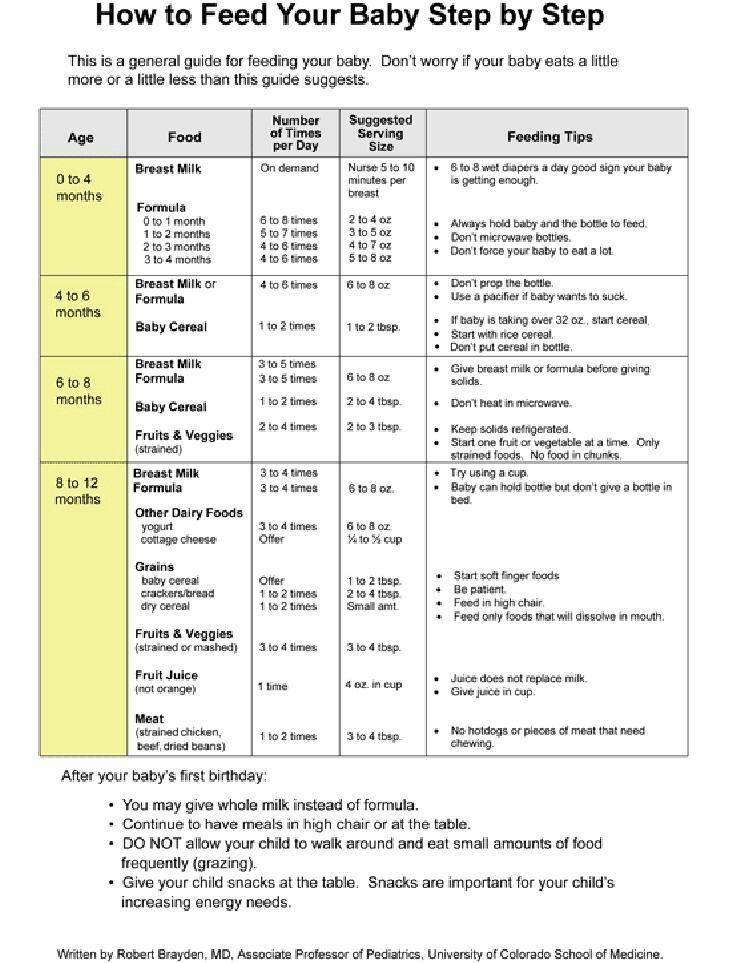
Simple bloating lasts no more than a week. With proper treatment, the state of health quickly returns to normal, and the symptoms disappear without complications.
Problem gas
If a newborn baby farts and cries, this can be both normal and a sign of abnormality. The release of gases with an unpleasant odor indicates that the gastrointestinal tract is still in the process of formation, and it does not contain the bacteria required for normal digestion of food. That is why the processes of fermentation and decay begin, which provokes the appearance of an unpleasant odor.
After normalization of the intestinal microflora, everything passes rather quickly. However, this does not mean that there are absolutely no problems. Parents should definitely consult a doctor for diagnosis and prescribing medications that will help ease the baby's well-being. As already mentioned, the root cause of the appearance of a fetid odor during the release of gases can be the nutrition of a nursing woman.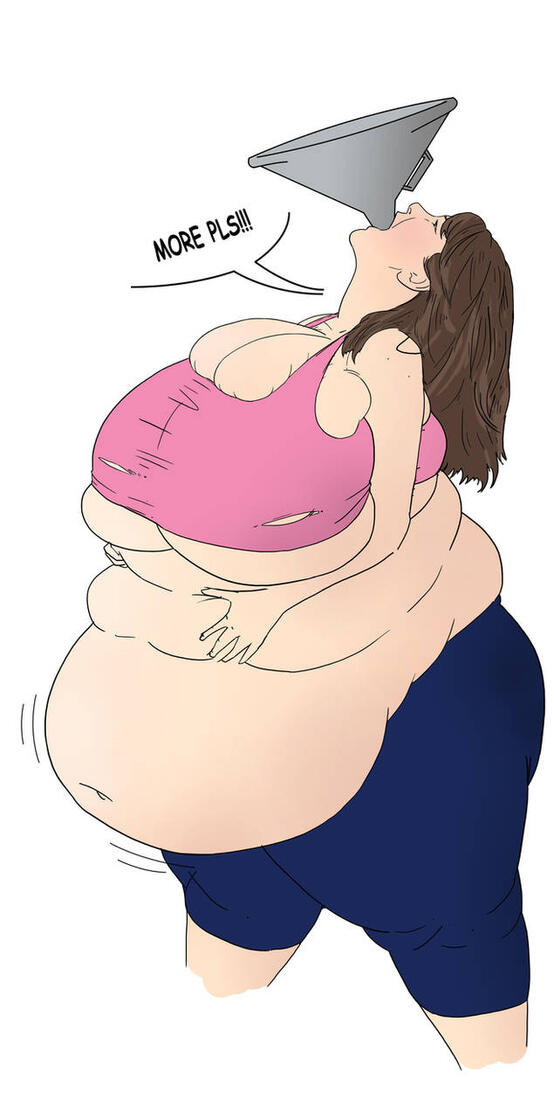 So, she definitely needs to review the menu and make sure that only healthy food is present in the diet.
So, she definitely needs to review the menu and make sure that only healthy food is present in the diet.
If a child farts and cries, this may also be due to dysbacteriosis. This disease occurs due to the use of dirty toys or poorly washed nipples. The main sign of this is the presence of fecal masses with mucus. Treatment in this case is selected only by a pediatrician after a thorough examination. It is strictly forbidden to carry out self-treatment, as this can only aggravate the situation.
If a child farts and cries a lot, then it is necessary to review his diet, as well as take tests to rule out intestinal infections.
You should definitely consult a doctor if the following signs appear:
- the baby behaves restlessly, especially after feeding;
- he pulls his legs up to his tummy;
- screams and cries;
- the baby has a hard belly.
And if the gassies smell very bad, you need to pay attention to the child's stool. This situation may be a sign of diarrhea or constipation. This means that the baby definitely needs help.
This situation may be a sign of diarrhea or constipation. This means that the baby definitely needs help.
How to help the baby
The child farts and cries - what to do in this case? This question worries many parents. Gymnastics, massage and proper nutrition will help eliminate flatulence. Stimulates intestinal peristalsis, and also eliminates spasms, infusion of fennel. This drug can be drunk by a nursing mother and will be passed to the baby through milk.
Well helps to eliminate cramps and reduce pain tummy massage. To do this, starting from the navel of the crumbs, make circular movements clockwise, gently pressing with your fingers. It is also useful to press the child's knees to the tummy. This will allow the jeeps to move to the exit much faster.
After feeding, experts recommend laying the baby on the stomach, as this allows you to stimulate the digestive tract. To alleviate the condition of the crumbs, you can also use a gas outlet tube.
Proper nutrition of the mother
If the baby farts and cries, in the menu of a nursing mother, it is imperative to exclude or replace all foods that provoke flatulence and gas in the baby.
For example, it is recommended to replace fresh fruits and vegetables with baked or boiled ones. Instead of black bread, baked goods made from rye flour should be consumed. However, it should be a little stale. In case of intolerance to whole milk, it is recommended to replace it with fermented baked milk or low-fat kefir.
What is colic
If your baby farts and cries, it could be a sign that your baby has colic. They manifest themselves in the form of spasms of the baby's intestines.
As already mentioned, the digestive system of infants is still imperfect and "ripens" in the process of growing up. Until the digestive process is completely normalized, the baby may experience colic for some time.
Causes
When a baby consumes mother's milk or formula, there is active foaming and gas. Other causes of colic include:
- transition from breastfeeding to formula;
- baby's adaptation to adult food;
- slow absorption of complementary foods;
- lactose deficiency;
- anxiety of mother or baby;
- Wrong choice of milk formula.

If your child has no appetite or is not gaining weight well, you should definitely consult a doctor. He will conduct a series of studies and prescribe treatment.
How to recognize colic
How to understand that a child has colic is very important for all parents to know. And initially you need to exclude any possible diseases, making sure that there is no infection. If, according to the results of the examination, it turns out that the baby is healthy, then it is colic that worries him.
To understand that a child has colic, there are quite characteristic signs. And the main one is constant crying. It starts immediately after feeding or even during meals. Some children refuse to eat.
It is very difficult to calm the baby, he arches, pushes. His face flushes with tension. The child's tummy becomes slightly swollen, dense, a characteristic rumbling is heard. Often, attacks begin at the same time, and last for about 3 hours, after which they disappear without a trace. After passing gases, improvement is observed.
After passing gases, improvement is observed.
Carrying out treatment
Treatment must be prescribed only by a doctor, since self-medication can be very harmful. As a rule, such means as "Baby Calm", "Hilak", "Bifiform" are used. According to the instructions for use, "Baby Calm" for newborns is prescribed for diseases of the gastrointestinal tract, which are accompanied by increased gas formation. This remedy is recommended by pediatricians to eliminate bloating.
As stated in the instructions for use, "Baby Calm" for newborns has practically no contraindications, with the exception of hypersensitivity to the components of the drug.
Doctors also recommend the use of drugs that can destroy gas bubbles inside the intestines, for example, Bebinos or Espumizan. In addition, you can give your child a decoction of anise, fennel or chamomile.
It is important for parents to remember that colic is not a disease. This is a temporary phenomenon and it does not need special treatment.